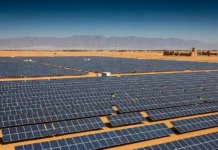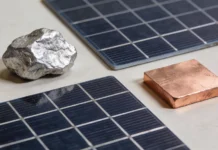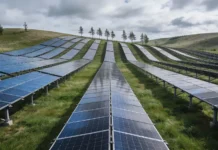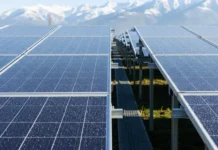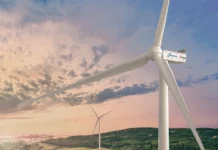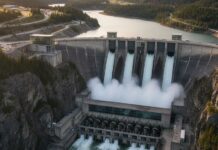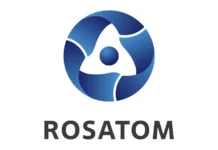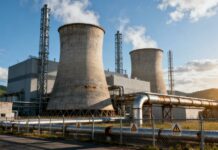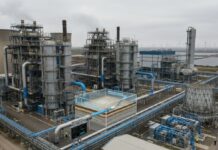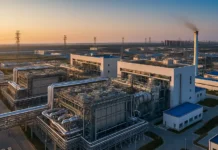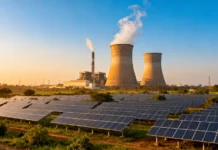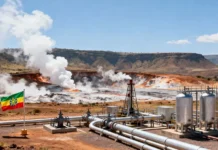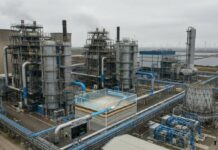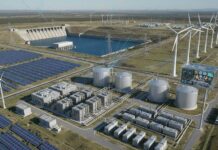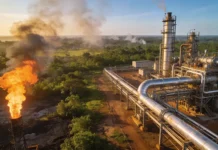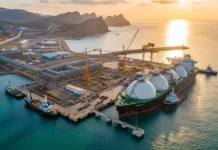Project: Engineering, procurement, construction, commissioning and start-up assistance
Customer: Petro-Canada Palmyra BV
Location: Ash Shaheer and Furqulos area between the historic sites of Homs and Palmyra, Syria
Project Value:US$565 million
Project Summary
In March 2008 Petrofac was awarded the contract for the Ebla gas plant project, comprising of engineering, procurement, construction, commissioning and start-up assistance. With a challenging delivery schedule of 24.5 months as well as working with volatile market conditions, the company, supported by its customer, Petro-Canada, and construction partner, LEAD, delivered the project some two months ahead of schedule.
This would not have been possible without the strong commitment of Petrofac’s local construction contractor who made sure that deadlines where met along with adequate in country support.
E Sathy, project director, Petrofac
The primary goal of the Ebla project was to construct a gas treatment plant to feed sales gas and condensate into the Syrian pipeline grid as well as the supply of LPG to tankers.
gas dehydration unit and gas separation
turbo-expander low temperature separator process
liquefied petroleum gas (LPG) recovery unit
producing 88 million standard cubic feet of sales gas per day
and 150 tonnes of liquid petroleum gas per day
flow lines and pipelines installed connecting the well sites to gas gathering stations and the gas treatment plant
Working in a period of volatile market conditions and facing a tight deadline of only 24.5 months was a challenge that allowed Petrofac to truly test the capabilities and level of expertise within its organisation. This ultimately proved to be a great achievement when the project reached completion two months ahead of schedule. This would not have been possible without the strong commitment of Petrofac’s local construction contractor who made sure that deadlines were met along with adequate in country support. However, wherever possible Petrofac sourced local materials and labour in and around the region.
The unmatched commitment of all the engineering and construction teams located at the home office and at site also helped contribute to the early completion of the project and, with a culture of safety embedded deeply in the team, the project proudly achieved 10 million man-hours without a lost time incident. Another major reason for Ebla’s success was the supportive and transparent relationship Petrofac had with its customer, Petro-Canada.
Key success factors
- supportive and transparent relationship with our customer, Petro-Canada
- strength of the relationship with our local construction contractor LEAD: having worked with LEAD many times in the past, Petrofac and LEAD know each other well and, very importantly, work closely together as an integrated team
- commitment of all the engineering and construction teams: at the home office, at site, located in vendor premises and many more. In this respect, Petrofac is fully committed to ensuring its staff remains its greatest asset
- integrated culture of safety: 10 million hours completed without lost time incident
- successful mitigation of higher risk elements in a challenging operating environment: all materials were delivered to site ahead of time for construction
- use of robust and proven completion systems resulting in a smooth transition to mechanical completion and leading to a successful plant start up



